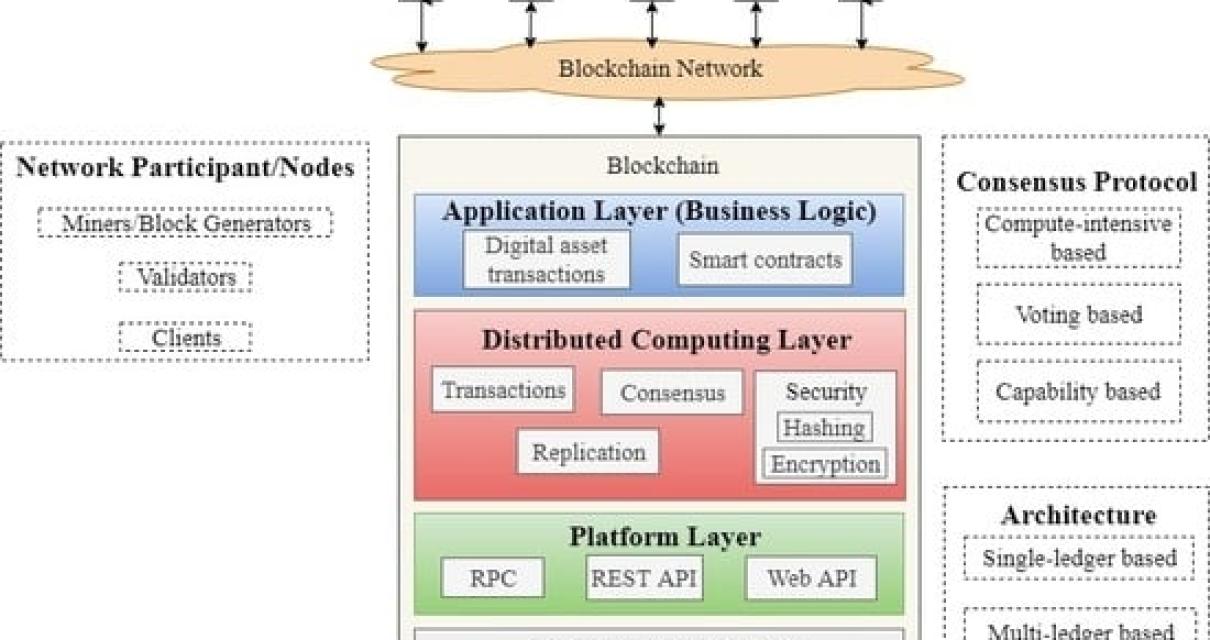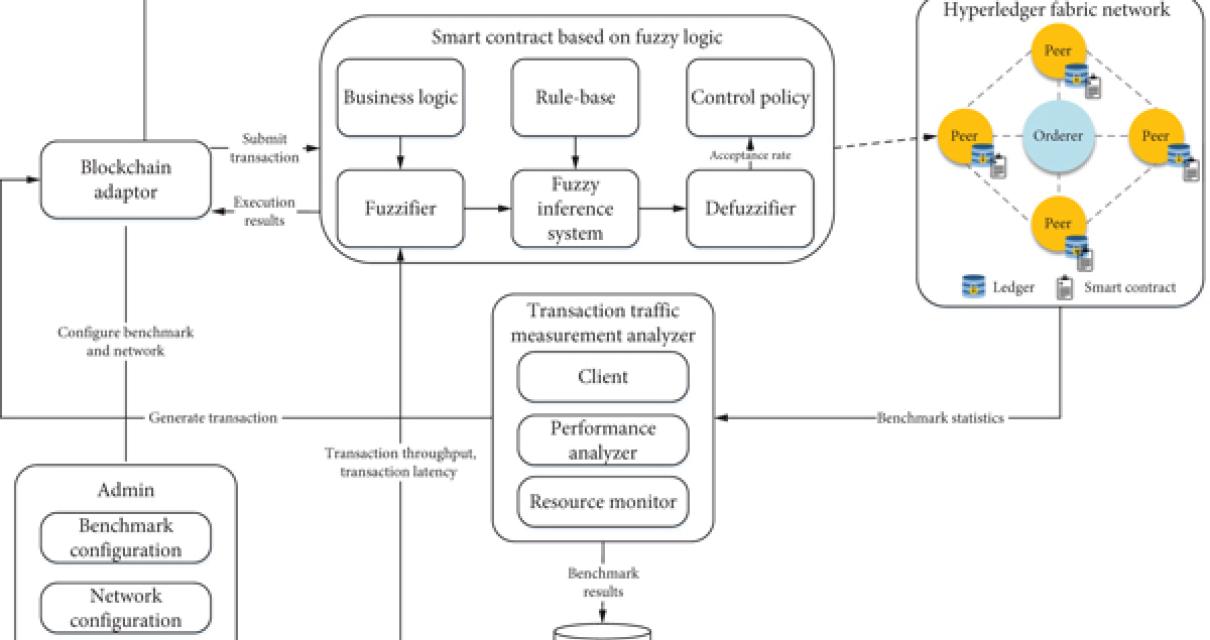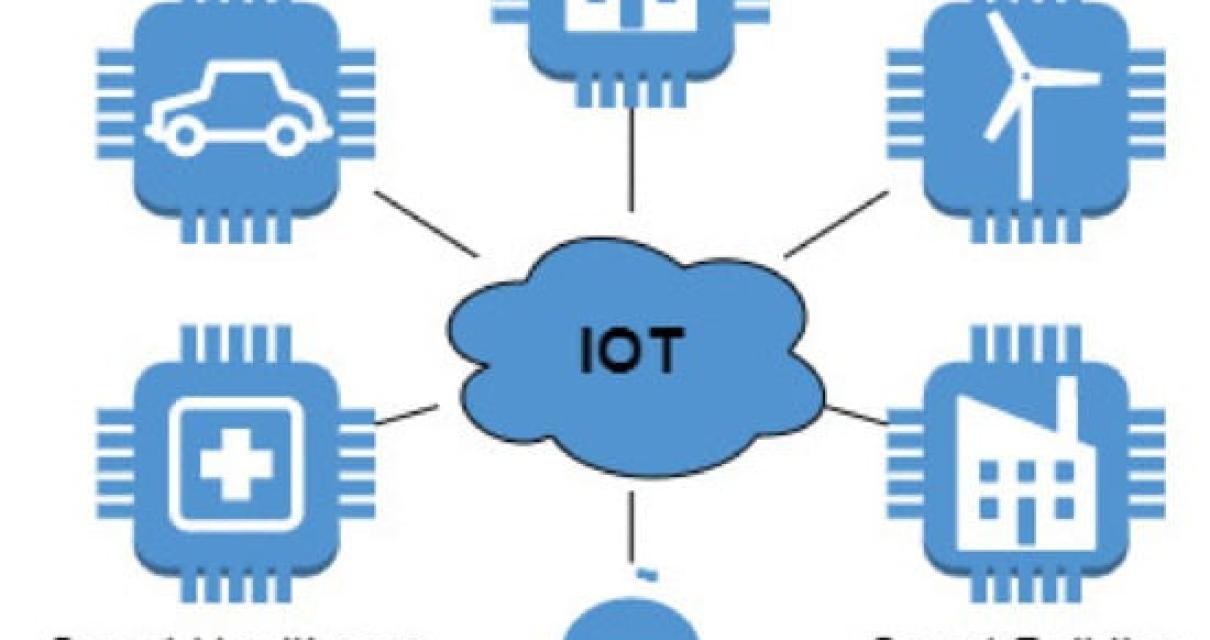What is Predefined Business Logic within a Blockchain?
Predefined business logic within a blockchain refers to the rules or protocols that are embedded in the network to facilitate specific transactions or actions. These rules are usually encoded into the blockchain's code and enforced by the network's nodes. This allows for quick and seamless transactions between participants, as well as eliminates the need for third-party verification.
How does Predefined Business Logic work within a Blockchain?
Predefined business logic is written in code and deployed to the blockchain. This code defines the rules for how a company will operate and interacts with other companies on the blockchain. The code is immutable, meaning it can't be changed or deleted. This ensures that the rules governing a company's operations are always consistent and accurate.
What are the benefits of Predefined Business Logic within a Blockchain?
Predefined business logic within a blockchain can provide a number of benefits. These include:
1. Reduced development time: Building custom business logic within a blockchain can take a long time, and can be difficult. By using predefined business logic, developers can quickly build and deploy applications without having to create all the code themselves.
2. Reduced Risk: By using predefined business logic, developers can be sure that their applications will work as intended. This eliminates the risk of error, which can lead to damaged data or lost money.
3. Reduced Costs: By using predefined business logic, developers can save money on development costs. This is because they won’t have to spend time creating custom code, and they can instead focus on developing the core functionality of their application.
4. Greater Security: By using predefined business logic, applications are more secure. This is because they are designed to operate in a specific way, which minimizes the chances of them being hacked.
5. Greater Reliability: By using predefined business logic, applications are more reliable. This is because they are built to be consistent with one another, which makes them more resistant to errors.
What are the drawbacks of Predefined Business Logic within a Blockchain?
The main drawback of predefined business logic within a blockchain is that it can be difficult to change or update. This can lead to inconsistencies and problems with the overall system. Additionally, predefined business logic can create barriers to entry for new businesses looking to join the blockchain space.

How can Predefined Business Logic be used within a Blockchain?
Predefined business logic can be used within a blockchain in a few ways. One way is to use smart contracts to automate certain business processes. Another way is to use blockchain technology to store and manage data related to the business. Finally, predefined business logic can be used to create custom applications that are based on the blockchain.
What are some examples of Predefined Business Logic within a Blockchain?
Some examples of predefined business logic within a blockchain are:
-A contract between two parties is automatically executed and stored on the blockchain
-A financial transaction is verified and stored on the blockchain
-A product is tracked from raw material to delivery to customer

What impact does Predefined Business Logic have on a Blockchain?
Predefined business logic within a blockchain can help to speed up the process of tasks and transactions by automating certain tasks. For example, if a company wants to create a new product, they can use predefined business logic to automatically create the necessary files and databases required for production. This would save the company time and money, as they wouldn’t have to spend time creating these files manually.
What challenges does Predefined Business Logic pose for a Blockchain?
Predefined business logic poses a challenge for a blockchain because it can be difficult to scale when it is used to power a centralized application. Additionally, predefined business logic can be difficult to update as new requirements are introduced.

How is Predefined Business Logic changing the way we use Blockchain?
Predefined business logic is changing the way we use Blockchain for a number of reasons. First, it allows us to more easily and securely share data between parties. Second, it makes it easier to create and manage contracts. And finally, it makes it possible to automate business processes using Blockchain technology.
What does the future hold for Predefined Business Logic within a Blockchain?
There is potential for Predefined Business Logic within a Blockchain to become more prevalent in the future as it allows for greater efficiency and security when conducting transactions. Additionally, businesses that rely on Predefined Business Logic could benefit from decreased costs and increased efficiency when making business decisions.